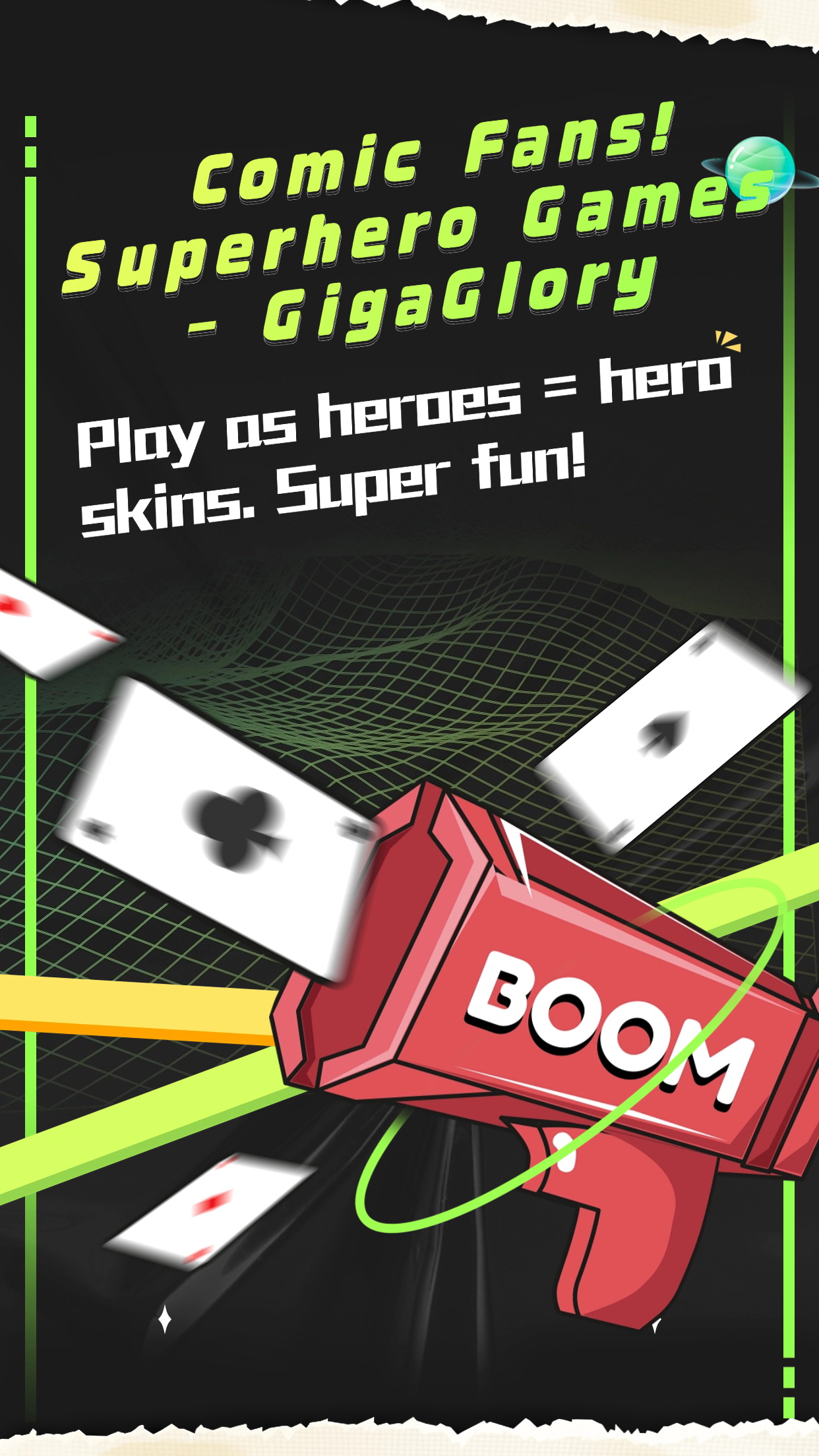Building Dreams: How City Building Strategy Games Redefine Urban Planning
In recent years, city building games have taken the gaming world by storm, offering players an immersive experience that allows them to design and manage their own urban landscapes. With a blend of creativity and strategic thinking, these games do more than just entertain; they also provide valuable insights into urban planning, societal dynamics, and resource management. This article explores how these games are shaping our understanding of cities and the way we interact with them.
What Are City Building Games?
City building games, often categorized under the broader umbrella of strategy games, allow players to create and manage their own cities from scratch. Unlike traditional simulations, these games challenge players to think critically about infrastructure, resource allocation, and population needs. Games like SimCity, Cities: Skylines, and the newer entries in the genre provide a sandbox for urban developers, where they can construct skyscrapers, highways, parks, and much more.
The Appeal of Strategy Gaming
- Creativity: Players can unleash their inner architect, designing unique cities that reflect their vision.
- Challenge: Balancing different aspects of city management keeps players engaged.
- Learning Opportunity: These games often include real-world concepts of urban planning and economics.
It’s the combination of these elements that has made city building games a popular choice among gamers of all ages. For instance, in EA Sports FC 24 online play, players may experience competitive gameplay techniques that can be paralleled in strategy games, which emphasizes management and tactical skills.
Urban Planning Meets Gaming
City building games provide a virtual platform that reflects the complexities of real urban planning. As players engage with various city management challenges, they unknowingly absorb key urban planning concepts. For example, they learn about zoning laws, traffic management, and the need for public services in a growing city.
Key Elements of Successful City Simulation
| Element | Description |
|---|---|
| Infrastructure | The backbone of any city; roads, bridges, and public transport. |
| Economy | Balancing income sources and expenses is crucial. |
| Environment | Players must consider the ecological impact of their developments. |
| Social Aspects | The needs and happiness of citizens play a significant role. |
Influence of City Building Games on Real-World Planning
Interestingly, some urban planners and architects have began utilizing city building games as tools for exploration and education. Engaging with these simulations allows professionals to test out ideas and visualize urban layouts before implementing them in real life. If a city planner observes traffic congestion issues in the simulation, they can hypothesize solutions that can be replicated in the actual city environment.
Connecting to Real Urban Issues
Another dimension to city building games is how they mirror actual urban challenges, such as:
- Population growth and its effects on resources.
- Environmental sustainability and climate change adaptations.
- Managing public health crises or natural disasters.
The portrayal of these scenarios offers players a thoughtful perspective on current urban issues, creating awareness about the complexities of city living.
The Path Forward for Strategy Games
As the gaming industry continues to evolve, the potential for city building games to become educational tools in urban planning looks promising. They can spark interest in young players, possibly inspiring future architects or city planners. Additionally, modifications made by the gaming community can enhance the educational value, bringing in real data and enabling simulations that reflect real-world statistics.
Conclusion
City building strategy games are more than just entertainment; they serve as interactive case studies of urban planning. Players not only enjoy the creative aspects of designing their dream cities but also engage with fundamental concepts that reflect real-world challenges faced in urban environments. By blending fun with education, these games are paving the way for a generation that understands the intricacies of city management. Whether you're a casual gamer or someone interested in the future of our cities, the lessons learned from these games will resonate far beyond the screen.



